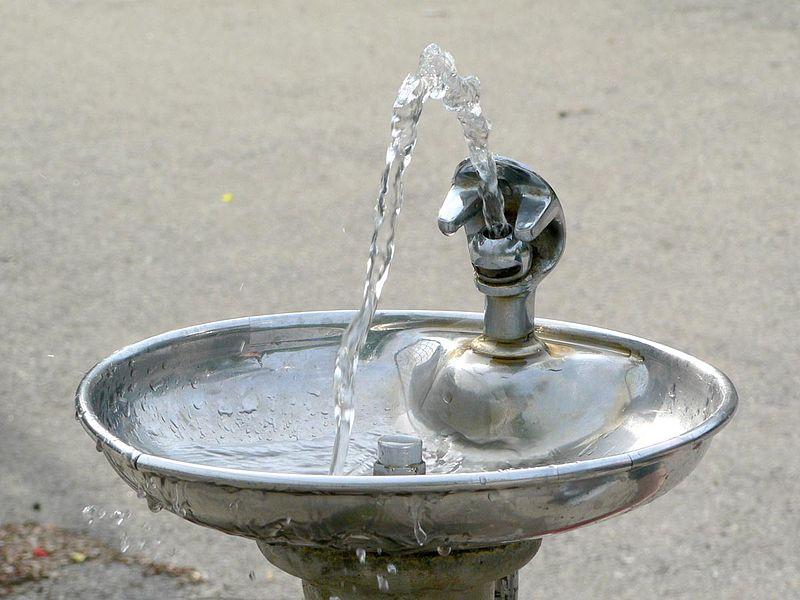NEWARK, N.J.—Elevated levels of lead caused officials in New Jersey’s largest school district on Wednesday to shut off water fountains at 30 school buildings until more tests are conducted, officials said.
Newark Public Schools notified the state Department of Environmental Protection on Monday that annual testing found levels ranging from non-detected to above the Environmental Protection Agency’s action level for lead, which is 15 parts per billion. That level requires additional testing, monitoring and remediation.
Lead in drinking water has drawn increased attention recently because of the water crisis in Flint, Michigan.





